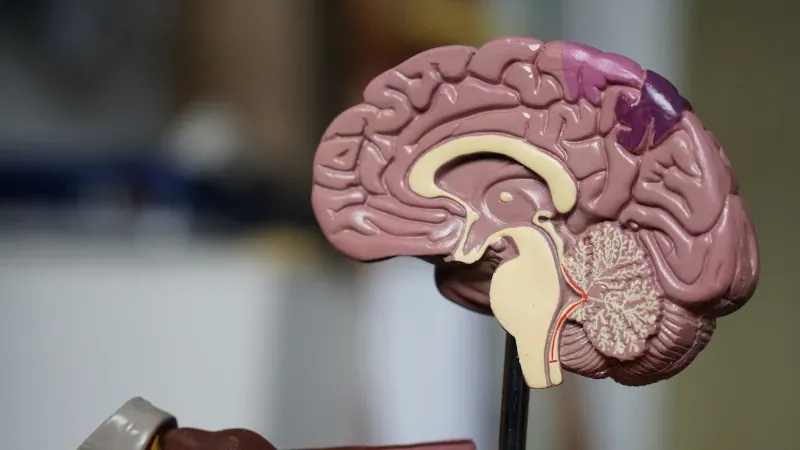GLP1's effect on ADHD
What effects does GLP1 have on ADHD? It's early, but we take a look at some published research.

It's still quite early for GLP1 Receptor Agonists – they're quite popular, but we don't know all the benefits (or the drawbacks) of using drugs like Ozempic, Wegovy, Mounjaro, Zepbound and others.
Check out our quick explainer
While there haven't been any completed studies that were directly related to exploring whether GLP1 has a positive effect on people living with ADHD, there was a meta-analysis that is somewhat useful on the effects of GLP1 on reward system related disorders (which of course ADHD is one).
Why would GLP1s effect reward systems & ADHD?
ADHD is a in part a reward system disorder:

Amongst other negative effects, it's difficult for people with ADHD to persist with tasks whose consequences (and rewards) are delayed, which can lead to poor outcomes in life and work.
GLP1s deal with a different kind of compulsion – they are effective on what is often referred to as "food noise" – the intense urge/constant thoughts of food that plague many who are struggling to control their weight.
GLP1 is a naturally occurring hormone, and the synthetic formulations of GLP1 (Ozempic, Wegovy, etc) are replicating the effects of GLP1 in the body by binding to receptors that expect the hormone. The important factor here is that there are GLP1 receptors in the brain.
GLP1 has been theorized to actually be primarily a brain drug (counter to the focus on the drugs effects on the digestive system):

GLP1s in the brain seem to also control other addictive or repettitive patterns of behavior which is how GLP1 might have positive effects on ADHD.
What did the analysis find?
Meta-analyses are not quite studies that can reach a particular conclusion or show correlation, but they can assembly most of the important research in the field and serve a valuable purpose to laypeople and researchers alike.
The meta-analysis found that GLP1 Receptors (places that receive GLP1 hormone) were found in many areas of the brain that were related to rewards.
There were positive effects on reducing the use of:
- Cocaine
- Amphetamines
- Alcohol
- Nicotine
However, these results were found in animals (🐭), which is not necessarily a good indicator of whether they will be effective on humans.
The study also found that GLP1 modulates dopamine and sugar-involved brain communication which can result in behavioral changes.
In humans, GLP1 also increases activity in different parts of the brain, and reduces food cravings at least partially by decreasing activity in the part of the brain that governs anticipation of food for obese people and those with diabetes.
So, does GLP1 help people with ADHD?
As with most academic work, it's too early to say – we can't say with confidence that GLP1 has positive effects on people with ADHD yet because it hasn't been directly tested.
The analysis points towards some benefits and a likely method of action, but until some proper targeted studies, trials and research is conducted, we'll have to curb our optimism.






